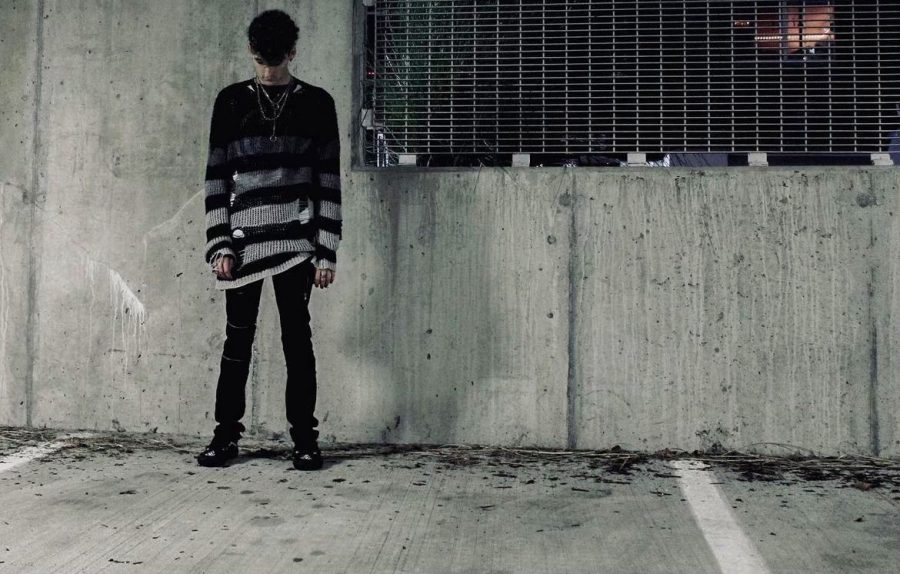It has been ten years since pop artist JoJo released an album. Between 2004 and 2006,
JoJo released singles "Leave (Get Out)" and "Too Little Too Late". After that, her career
was not set on the smoothest of paths. Her second album, The High Road, was not
receiving as much attention as her single debuts. Acting roles and cameos were not
satisfying her or her fans. Her album leaked and she was scrutinized by her label, but
after changing labels and attempting to uphold her career, she was criticized for not
having a more mature sound.
The music industry was not kind to young JoJo, but that did not stop her.
After years of trials and tribulations, JoJo dropped Mad Love. She is back and better
than ever.
As any young child star looking to recreate their brand would do, JoJo chose bold,
mature themes to touch upon. This transformation of lyrics and sound, which is
shocking to those that left JoJo in the early 2000s, is the big leap that will help JoJo
take back her career.
JoJo proves in eleven tracks that she is emotionally vulnerable, yet strong, sensual, and
independent.
The first track, "Music,” is a stripped ballad dedicated to her passion for music that has
kept her going through it all, including mourning the death of her father. She grieves
over the piano, with the hope that her father is "…looking down, thinking / 'Oh my God,
my daughter's doing it now.’”
The majority of the album showcases JoJo's new work and proves that she is ready for
2016 pop. "Vibe" is a dance-pop track that could easily gain radio recognition, as well as
remixes. "Like This" and "Edibles" are seductive, sex anthems that truly prove that JoJo
has grown without feeling forced. "High Heels" is an empowering track driven by
feelings of betrayal, and a desire to move onto something better.
The first few tracks of the album do not do as good of a job at driving JoJo's points
home. Though her collaboration with Wiz Khalifa "F**k Apologies" was received well by
fans, it feels a bit too cookie-cutter; Wiz's verse is not a mind-blowing contribution. It is
very catchy, but not wildly innovative. "FAB" featuring Remy Ma has a relatable
concept, but it feels as if it is trying too hard. Both of these tracks were released as
singles, but the best tracks on Mad Love are songs in which JoJo flies solo.
JoJo delivers two important pieces of advice through this album; first, that sticking to
your passion will ultimately fulfill you as a person, and second, that individuals are
worthy of love. The last track "I Am" emphasizes the idea of worthiness, and closes the
LP on a positive note.
Despite JoJo's setbacks, Mad Love is a strong return to doing what she loves. There is
an obvious effort put into each song, and a tangible passion throughout the work; the
album is a cohesive transformation from a lost girl, to an independent woman and the
girl power throughout the album will draw in old and new fans alike.












